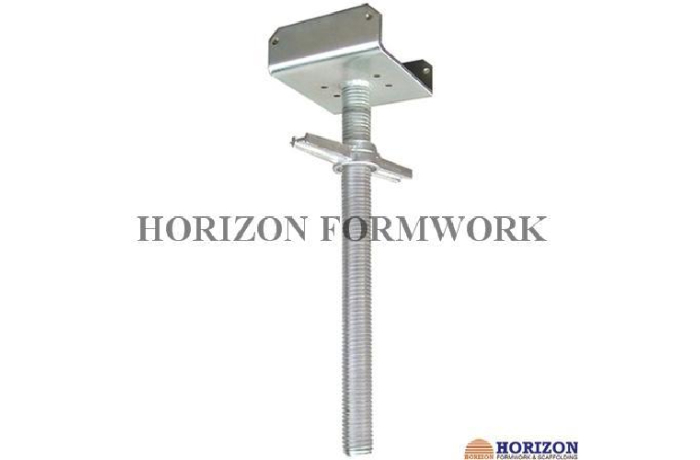Zář . 08, 2024 09:48 Back to list
Temporary Wooden Formwork Solutions | Quality & Durability
The Role of Temporary Wooden Formwork Companies in Construction
Temporary wooden formwork plays a critical role in the construction industry, serving as a vital support system for structures during the initial phases of building. Formwork generally refers to the molds into which concrete is poured to shape it before it hardens. While there are various materials used for formwork, wooden formwork remains a popular choice due to its durability, ease of use, and cost-effectiveness. This article explores the functions, benefits, and considerations involved with temporary wooden formwork companies.
Understanding Temporary Wooden Formwork
Temporary wooden formwork is typically employed in the construction of walls, columns, beams, and slabs. By providing the necessary support for wet concrete, wood formwork allows builders to create precise shapes while ensuring the structural integrity of the forming elements. Timber is preferred by many contractors for its versatility and availability. It can be easily cut and assembled on-site, making it an ideal solution for various construction projects, from residential buildings to large infrastructure.
Benefits of Using Wooden Formwork
One of the primary advantages of using temporary wooden formwork is its cost-effectiveness
. Compared to other materials such as steel or plastic, wood tends to be more affordable, especially for smaller projects or temporary installations. Additionally, wood is generally more accessible, meaning that contractors can quickly source materials without the lengthy lead times often required for alternative options.Another benefit is the ease of assembly and disassembly. Wood is lightweight and can be effortlessly manipulated into the desired shapes, significantly reducing labor costs and time on the job site. It is also easier to work with individual pieces as opposed to heavy steel panels, making it advantageous for contractors who rely on manual labor.
Moreover, wooden formwork provides excellent finish quality. The smooth surface of well-finished wooden panels allows for a sleek final appearance of poured concrete, reducing the need for additional finishes once the concrete hardens. This aspect not only saves time but also contributes to the overall aesthetics of the structure.
temporary wooden formwork companies

Sustainability and Environmental Considerations
In recent years, sustainability has become a significant consideration in construction. Many temporary wooden formwork companies have begun to focus on sourcing timber from sustainable forests and utilizing eco-friendly practices. This commitment to responsible sourcing not only reinforces the company’s environmental credentials but also appeals to an increasingly eco-conscious market.
Furthermore, wooden formwork can often be reused for multiple projects, reducing waste and minimizing the environmental impact associated with construction. Companies that prioritize the design and production of reusable formwork systems can offer significant cost savings to contractors while promoting sustainable practices in the industry.
Challenges and Considerations
Despite the many advantages, temporary wooden formwork is not without its challenges. Wood is susceptible to moisture, and if not treated properly, it can warp or rot, compromising the integrity of the formwork. To mitigate this, companies must implement appropriate quality control measures, ensuring that all materials used are suitable for the building conditions.
Additionally, while wooden formwork can be lightweight and easy to use, it does require skilled labor for proper assembly and handling. Proper training and experience are essential to ensure that the formwork is stable and secure throughout the pouring process.
Conclusion
Temporary wooden formwork companies play an indispensable role in the construction industry, providing essential support systems for various projects. With benefits such as cost-effectiveness, ease of use, and environmental sustainability, wooden formwork remains a favored solution among contractors. As the construction industry evolves, these companies must continue to innovate and adapt to meet emerging challenges and client expectations, all while maintaining safety and quality in their operations.
-
Adjustable Heavy Duty Props for Slab Formwork | Strong & Reliable Support
NewsAug.23,2025
-
Adjustable Heavy Duty Props for Slab Formwork - Strong & Safe Support
NewsAug.22,2025
-
Formwork Spring Clamp Factories: Quality & Bulk Supply
NewsAug.21,2025
-
Premium Ringlock Scaffolding | China Manufacturer & Supplier
NewsAug.19,2025
-
Efficient Table Formwork for Fast Slab Construction & Reusability
NewsAug.18,2025
-
Timber Beam H20 Formwork & Shuttering - Durable & Reliable
NewsAug.17,2025